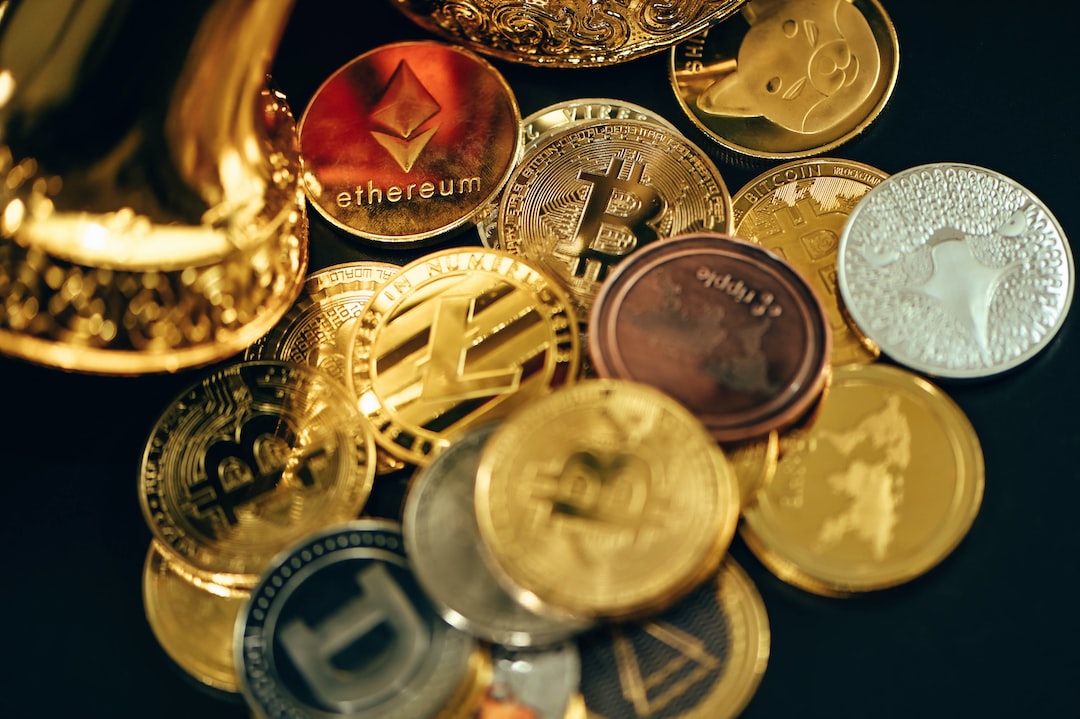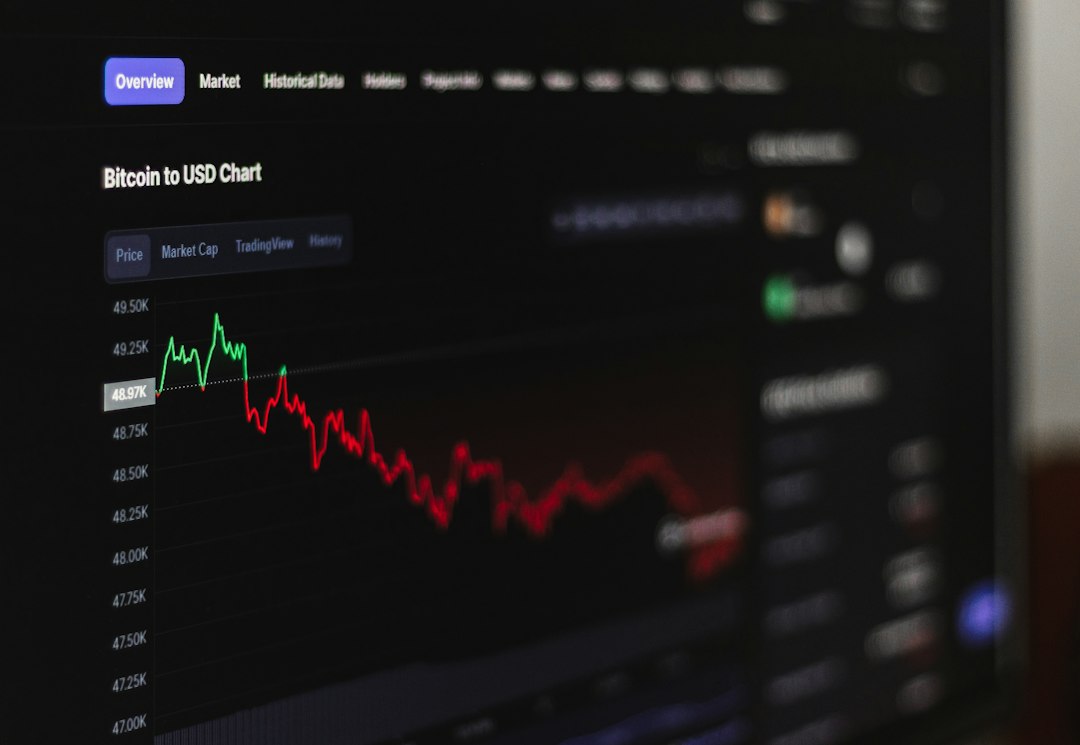Securing Your Crypto Transactions: Best Practices for Peer-to-Peer Trading
Welcome to the exciting world of cryptocurrency trading! If you’re new to this digital frontier, it’s essential to understand how to secure your crypto transactions. Whether you’re buying, selling, or simply transferring cryptocurrencies, following best practices is crucial to protect your assets and personal information. In this article, we’ll explore some key steps you can take to ensure the safety of your peer-to-peer crypto transactions.
1. Choose a Secure Wallet
When engaging in crypto transactions, the first step is to select a reliable and secure wallet. There are various types of wallets available, including hardware wallets, software wallets, and online wallets. Hardware wallets, like Ledger or Trezor, provide an extra layer of security by storing your private keys offline. Software wallets, such as Exodus or Atomic Wallet, are installed on your computer or smartphone and offer convenience without compromising security. Online wallets should be approached with caution as they require you to trust a third party with your private keys.
2. Enable Two-Factor Authentication (2FA)
To further enhance the security of your crypto transactions, enable two-factor authentication (2FA) whenever possible. By activating 2FA on your wallet and exchange accounts, you add an extra layer of protection that requires both a password and a unique verification code generated by an authentication app on your phone. This significantly reduces the risk of unauthorized access even if someone manages to obtain your password.
3. Verify SSL Certificates
When engaging in peer-to-peer crypto trading or accessing any cryptocurrency-related website, always verify the SSL certificate before proceeding. An SSL certificate ensures that the website connection is secure and encrypted. Look for the padlock icon in your browser’s address bar and check if the certificate is valid. Avoid proceeding if you encounter any warnings or errors related to the SSL certificate. Protecting your personal information should always be a top priority.
4. Research the Counterparty
Before initiating any peer-to-peer transaction, it’s crucial to research and understand who you are dealing with. Check the reputation and history of the person or platform you plan to trade with. Look for reviews, feedback from previous transactions, or any red flags that might indicate potential risks. Be cautious when trading with unknown or unverified individuals, as scams and fraudulent activities are unfortunately prevalent in the crypto space.
5. Use Escrow Services
To mitigate the risk of fraud during peer-to-peer transactions, consider utilizing escrow services. An escrow service acts as a trusted intermediary that holds funds until both parties fulfill their obligations. By using an escrow service, you can ensure that the transaction proceeds smoothly without one party disappearing or failing to deliver what was agreed upon. Platforms like LocalBitcoins and Paxful offer built-in escrow services to provide an added layer of security.
6. Double-Check Addresses
One common mistake that can lead to irreversible losses is sending cryptocurrencies to the wrong address. Always double-check the recipient’s wallet address before initiating a transaction. Cryptocurrency addresses are long strings of characters that are case-sensitive, so even a single character error can result in funds being sent to the wrong person. Take your time and verify the address carefully to avoid any costly mistakes.
7. Keep Software Updated
To ensure optimal security for your crypto transactions, keep your wallet software and devices up to date with the latest patches and security enhancements. Developers regularly release updates that address vulnerabilities and improve overall security. Neglecting these updates may expose you to potential risks, as outdated software can be more susceptible to hacking attempts. Stay vigilant and make it a habit to install updates promptly.
8. Educate Yourself
One of the most powerful tools in securing your crypto transactions is knowledge. Stay informed about the latest security practices, emerging threats, and new developments in the cryptocurrency space. Join online communities and forums where you can learn from experienced traders and share insights with fellow enthusiasts. By continuously educating yourself, you’ll be better equipped to protect your assets and navigate the ever-evolving landscape of crypto trading.
Frequently Asked Questions (FAQs)
Q: What happens if I lose access to my wallet?
If you lose access to your wallet due to a forgotten password or lost device, it’s essential to have a backup plan in place. Most wallets provide a recovery phrase or seed phrase when setting up the wallet. This phrase can be used to restore access to your funds in case of emergencies. Make sure to securely store this recovery phrase offline in a safe location.
Q: Are there any additional security measures I should consider?
Absolutely! Consider using a virtual private network (VPN) when accessing crypto-related websites or making transactions. A VPN encrypts your internet connection and helps protect your data from prying eyes. Additionally, regularly monitor your accounts for any suspicious activity and enable notifications for transaction alerts on your wallet or exchange platform.
Q: Should I disclose my cryptocurrency holdings publicly?
It’s generally not recommended to publicly disclose the exact amount of cryptocurrency you hold. By keeping this information private, you reduce the risk of becoming a target for hackers or scammers who may attempt to gain unauthorized access to your assets.
Q: Can I trust all peer-to-peer trading platforms?
While there are reputable peer-to-peer trading platforms available, it’s important to exercise caution and conduct thorough research before using any platform. Look for platforms with a solid track record, positive user reviews, and robust security measures in place. Remember, it’s always better to be safe than sorry.
By following these best practices for securing your crypto transactions, you can trade with confidence and protect your hard-earned assets. Stay vigilant, stay informed, and enjoy the exciting world of cryptocurrency trading!





 By
By
 By
By
 By
By

 By
By
 By
By